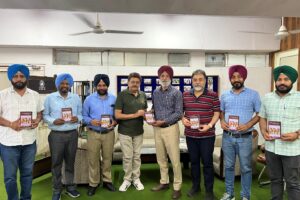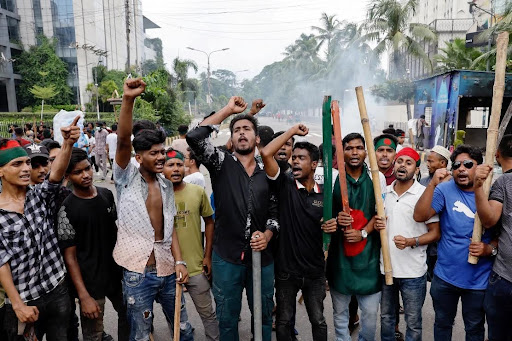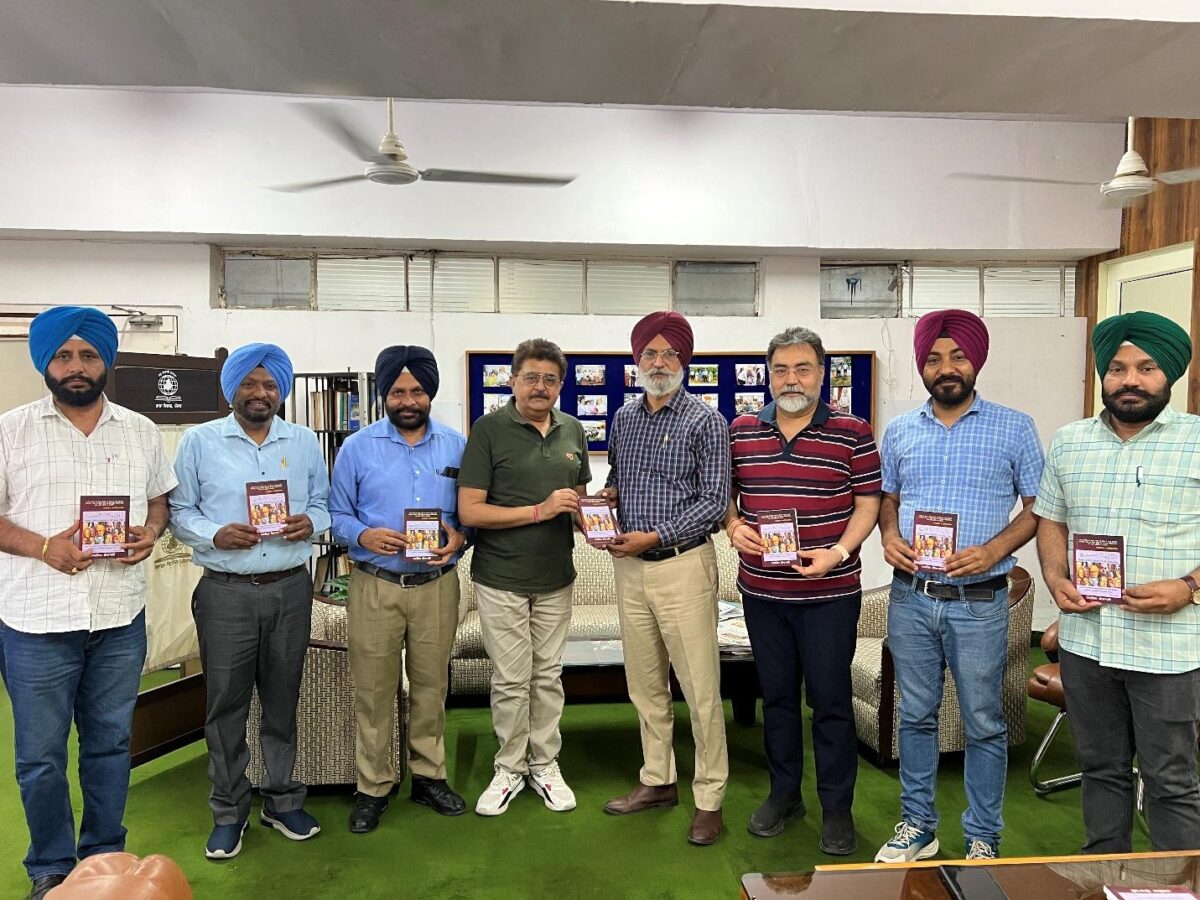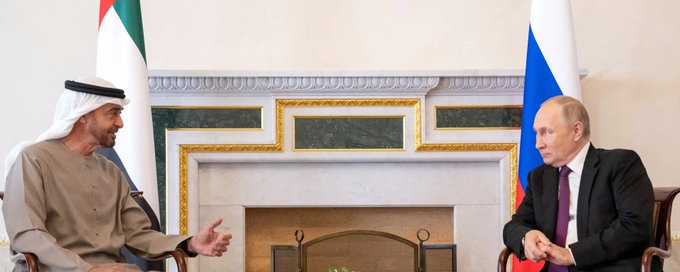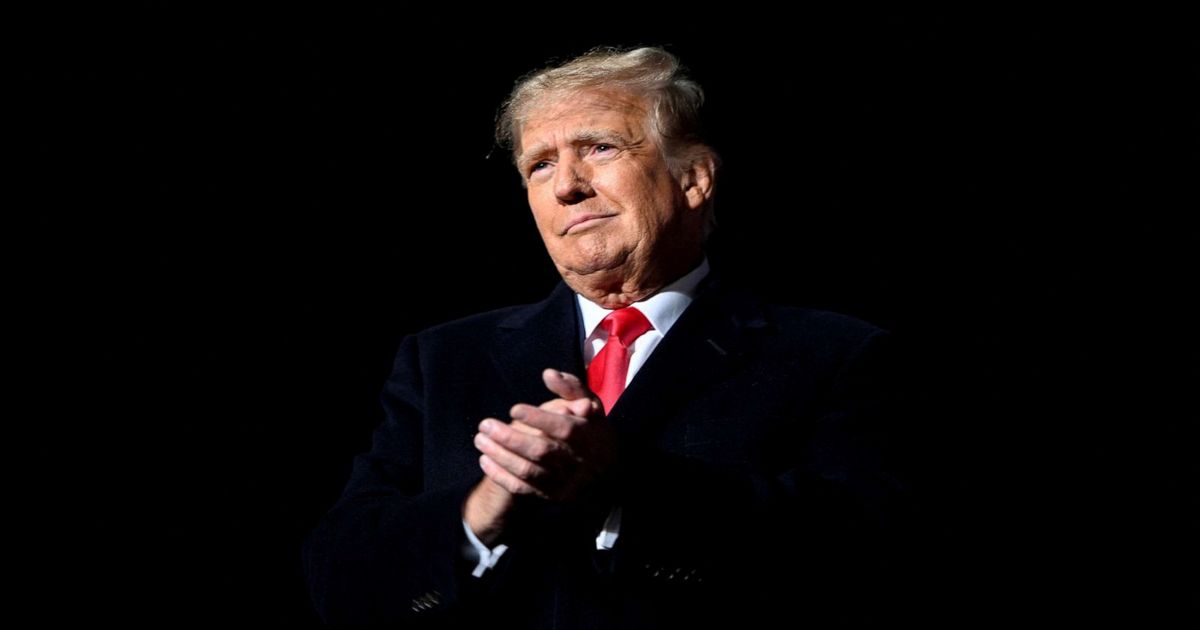SALIL GEWALI
If we seriously look at the cries of minorities in Bangladesh, they are not just whispers —- they are alarms, warning us all of a growing storm of extremism that threatens the very foundations of global civilization.
Just recently, British lawmakers voiced their grave concerns over the worsening situation in Bangladesh, following the arrest of ISKCON monk Chinmoy Krishna Das on sedition charges. In a chilling session at Westminster Hall, they discussed how attacks on Hindus in the country have become dreadfully frequent. Arson, desecration of places of worship, brutal assaults, forced conversions, and even murders are being used as “weapons” of oppression against a community that makes up just 8.5% of the nation’s population. Tragically, Saiful Islam, the lawyer who sought to defend the ISKCON monk and secure his bail, was killed in cold blood by an enraged mob just three days ago.

Priti Patel, Indian-origin British politician and Shadow Secretary of State for Foreign Affairs, expressed her outrage, stating: “The degree of escalation in violence is deeply concerning. What we are witnessing now is uncontrolled violence in many quarters. We are watching with horror and shock as further violence spreads in Bangladesh. The thoughts of all of us in the House are with the diaspora community here and those affected in Bangladesh. These are deeply disturbing reports.”
Conservative MP Bob Blackman was equally direct, calling for action against “systematic, targeted violence” and urging the UK government to press Bangladesh to uphold human rights. Labour MP Jim Shannon expressed similar sentiments, describing the ongoing atrocities as “deeply disturbing.”
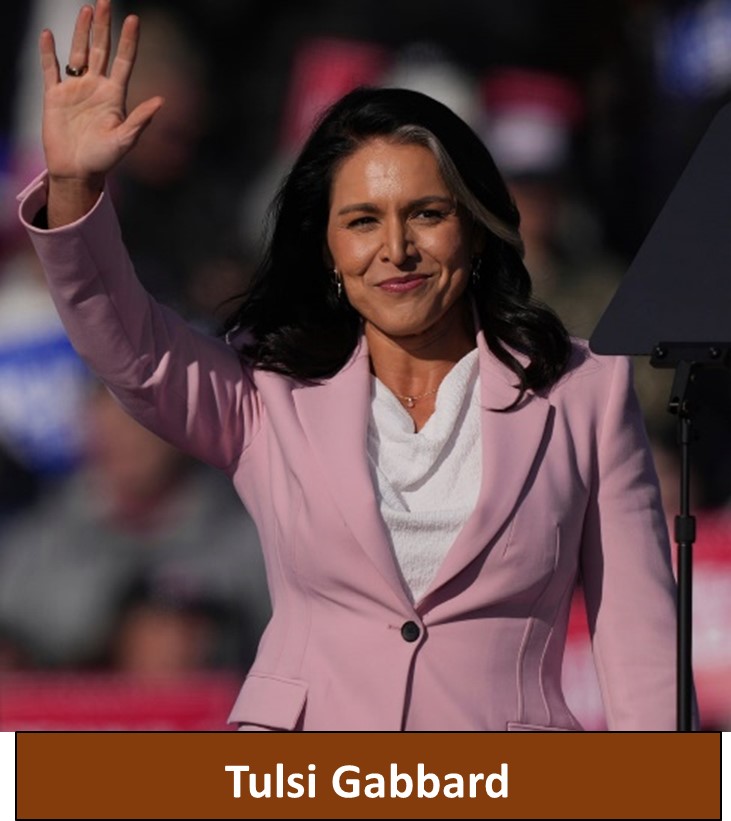
Few have been as outspoken in condemning the brutal atrocities against minority Hindus in Bangladesh as Tulsi Gabbard, former U.S. Congresswoman from Hawaii and a veteran of the U.S. Army Reserve. She expressed her deep outrage a couple of years ago, stating: “Hindus & religious minorities in Bangladesh continue to be targeted & persecuted, as they have been since 1971 when the Pakistani army systematically murdered, raped & drove from their homes millions of Bengali Hindus because of their religion & ethnicity. That campaign continues to this day with horrific targeted attacks, murders, homes being burned down and families who continue to be forced to flee. In the early 1900s Hindus made up roughly 33% of the Bangladesh population. Because of this persistent Islamist campaign targeting Hindus, just 8% of Bangladesh’s population are Hindus today,” Tulsi Gabbard has recently been nominated as Director of National Intelligence in President-elect Donald Trump’s administration.
So, what fuels such barbarity? The answer lies squarely in the blatant grip of religious extremism. When dogma becomes a “sword” instead of a bridge, humanity inevitably bleeds. In Bangladesh, a toxic ideology fueled by bigotry has reduced the minority community to easy scapegoats for political, social, and economic frustrations.
Yet, this extremism is not confined to a single nation—it’s a virulent contagion infecting the broader human spirit. From Bangladesh to Myanmar, India, Afghanistan, Palestine, UK and beyond, religious intolerance poisons societies. It’s a malignant force that transmutes diversity into division, coexistence into conflict, and harmony into hatred.
Consider the plight of women in Taliban-controlled Afghanistan—a stark illustration of extremism’s brutal consequences. Education beyond the sixth grade is completely forbidden, and most forms of employment are off-limits. Draconian dress codes and severe restrictions on movement virtually imprison them within their homes, where their autonomy is ruthlessly suppressed. Disturbingly, numerous reports suggest that countless women endure brutal torture and sexual abuse behind closed doors, their suffering hidden from the world’s eyes. They literally live in hellish conditions.
Indeed, our silence will only embolden these forces to spread their tentacles of evil. Behold, the jaws of evil have already begun to tear humanity apart, while we intellectuals lose ourselves in trivial indulgences and false narratives.
Phew! In India, such extremists and their sympathizers are relentlessly touted by media journalists as a harmless minority oppressed by the majoritarian Hindus.
***********
An India-based writer and researcher, Salil Gewali is best known for his research-based work entitled ‘Great Minds on India’, that has earned worldwide appreciation. Translated into fifteen languages, his book has been edited by a former NASA scientist – Dr. AV Murali of Houston, USA. Gewali is also a member of the International Human Rights Commission, Zürich, Switzerland.
Views: 173



